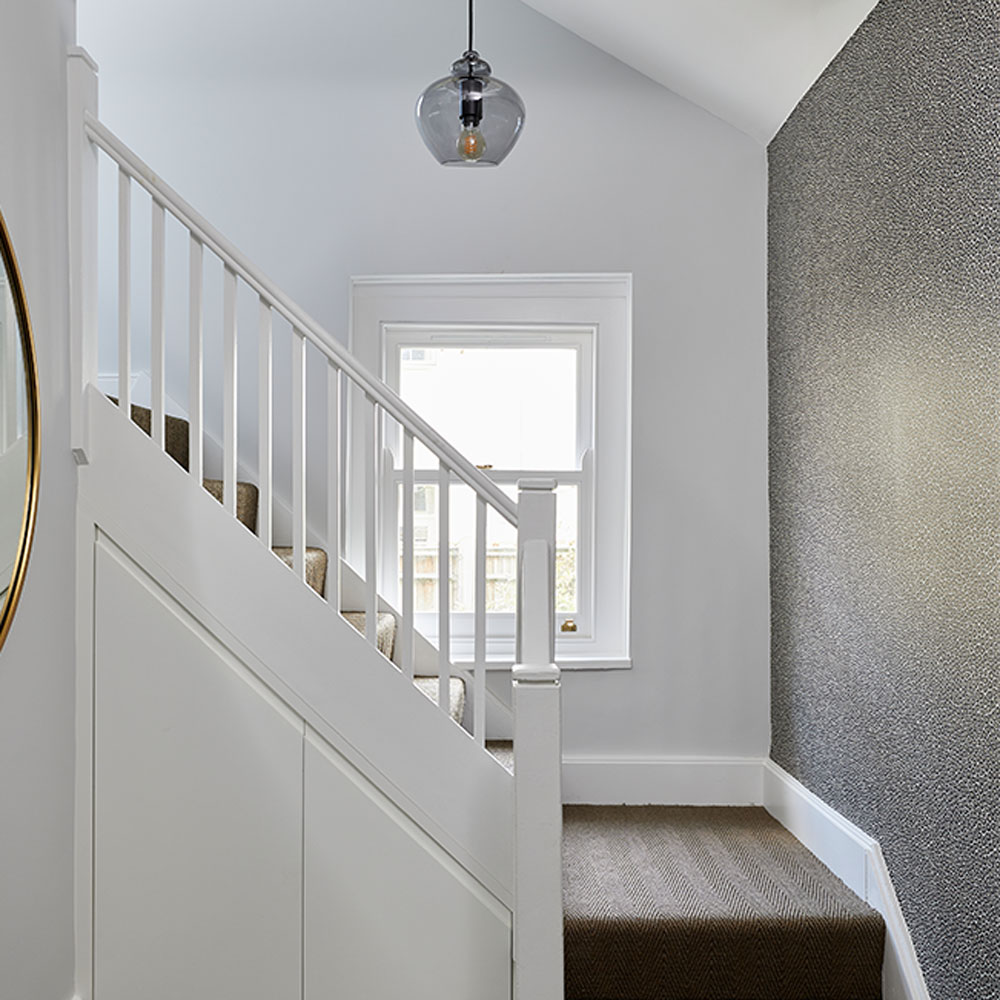Keep getting gazumped? Property expert shares the one thing you can do to prevent it
Gazumping is, sadly, becoming more common in today's ultra-competitive property market
Gazumping is an increasingly common problem faced by buyers all over the country. Being gazumped means that someone puts in a higher offer just as you thought you had a property secured.
It's all about that tiny window between the seller accepting your offer and formally signing on the house purchase. Although a highly unpleasant experience, gazumping is not illegal – so as a buyer what can you do to prevent it?
Expert tip to prevent gazumping
Typically, property advice articles will give you the standard advice – be prepared, take a look at the best mortgage rates and get a mortgage in principle, develop a good relationship with the seller, and so on. If this is your first time buying a home, a first time buyers guide will help navigate you through the tricky process.
Unfortunately, when it comes to cold hard cash, some sellers won't be able to resist a higher offer, and the gazumping buyer will also have put all the same preparations in place as you have.

However, Ross Counsell, Chartered Surveyor and Director at Good Move, has an extra tip to help safeguard against gazumping. 'As part of your offer, to try and avoid gazumping, you can ask the seller to take their home off the market, which will lessen the chances of other sellers making offers,' he says.
'This is a fairly standard practice and sellers are usually happy to do this – you could even consider it a red flag if they aren’t.'

Of course, you could still be extremely unfortunate and encounter a dishonest seller who says they've taken their home off the market but actually hasn't done so. However, Ross stresses that the majority of sellers are honest, and if you have a frank conversation with them, they usually will agree to take the house off the market.
Get the Ideal Home Newsletter
Sign up to our newsletter for style and decor inspiration, house makeovers, project advice and more.
But it is worth remembering, that they will be more likely to agree to this if you appear as a reliable buyer - chain-free, and unlikely to drop out at the last minute.
Try a lock-in agreement as the last resort
Getting the seller to sign a lock-in agreement should only be used as a last resort if you've found the house of your dreams and want to do everything in your power not to lose it.

'Lock-in agreements are a little less common, and some sellers can be wary about signing them, but they’re a binding agreement that prevents them from negotiating with any other parties,' explains Ross.
'However, it does usually require both buyer and seller to place a sizeable deposit down, and can be a little complicated as a process, but it’s a good idea if you’re particularly worried about gazumping.'
Still getting gazumped? Don't be disheartened – if you've sold yourself as a good prospective buyer you could still be in with a chance.
'Highlight the reasons why you are a better candidate for the house,' suggests Ross. 'It could be that you’re a first-time buyer with no chain, you’re paying for the house in cash, or you’re completely flexible on moving dates.'
'The other person may have gazumped you, but they could be stuck in a broken chain – and that’s where you may have the edge.'
Anna Cottrell is Consumer Editor across Future's home brands. She moved to the world of interiors from academic research in the field of English Literature and photography. She is the author of London Writing of the 1930s and has a passion for contemporary home decor and gardening.
-
 Wood drenching is the calming new twist on the colour drenching trend – here’s how to make the look work in your home
Wood drenching is the calming new twist on the colour drenching trend – here’s how to make the look work in your homeIt’s easier than ever to embrace natural materials
By Maddie Balcombe
-
 Aldi is launching a £200 day bed with four different features - its sleek design is suited to the whole family
Aldi is launching a £200 day bed with four different features - its sleek design is suited to the whole familyYou don't want to miss out on this Specialbuy
By Kezia Reynolds
-
 How to set up a drip watering system that saves water and a lot of effort
How to set up a drip watering system that saves water and a lot of effortKeep your plants hydrated (and your water bill down) with this clever garden watering solution
By Natalie Osborn